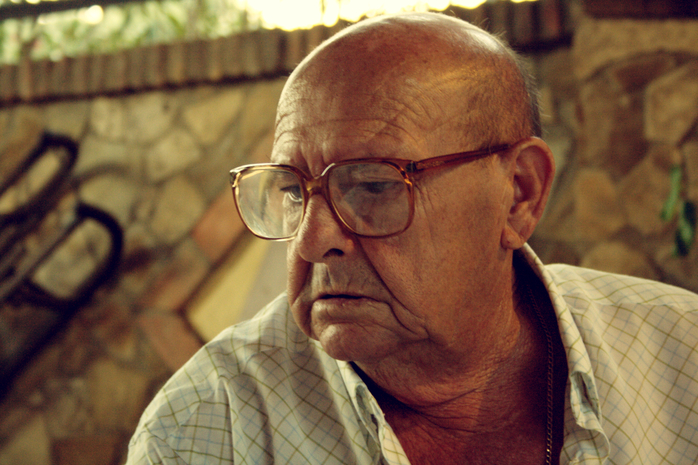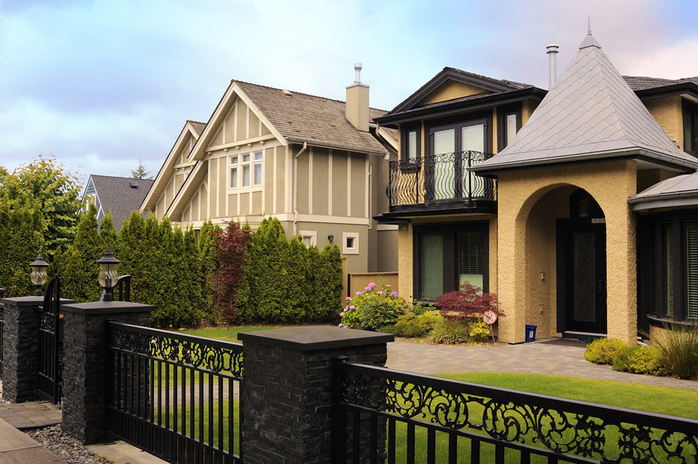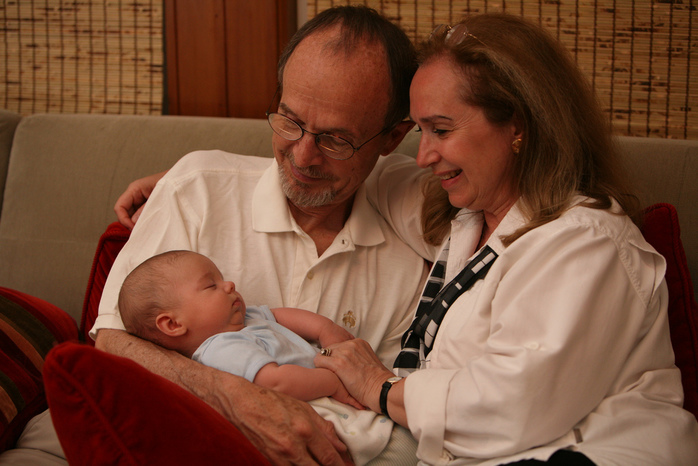
Senior by Alfonso Jimenez
People approaching retirement who plan to move to a new home have to make a difficult decision — should they rent or buy? Many Canadian retirees are accustomed to owning a home and consider it the only solution. A 2012 study conducted by BMO informed that more than half of Canadian homeowners expect they’ll have a mortgage in retirement. Moreover, a 2013 CIBC poll revealed that 59 per cent of retired Canadians say they currently have debt. But in some cases, it might be better to rent or downsize. Marc Lamontagne, a certified financial planner at Ryan Lamontagne in Ottawa, pointed out,
It’s psychologically difficult for some people not to be homeowners, but sometimes it makes more financial sense to rent rather than own. If they were to sell their home, they could have a big pool of money to generate income.
There is no right or wrong answer. Each person approaching retirement or already retired must evaluate his or her current financial situation as well as the current market conditions to determine the most suitable solution. This article outlines the most important considerations as well as the benefits of renting and buying.

Houses in Vancouver's South Cambie
Evaluate the Costs
People who are relocating in retirement should consider whether they can afford their new home and analyze how much money both options would cost. A helpful indicator is the price-to-rent ratio, which compares owning and renting properties. Take two houses of similar size — one for sale and one for rent. Their features are the same, and they're in the same or comparable neighbourhoods. Divide the price of the home for sale by the cost of renting the other house for a year and you'll get the price-to-rent ratio. If it's lower than 15, the prices are low, and it's better to buy than rent. If the number is between 16 and 20, then it's usually best to rent rather than purchase. A price-to-rent ratio of more than 20 indicates high prices, which make renting a much better option. Scott Ingraham, CEO of Rent.com, one of the largest online apartment listing services, noted,
The higher the ratio, the higher a housing price spike is needed in future years to justify the purchase price.
According to a report issued in May 2013 by the OECD, Canada has the second highest price-to-rent ratio from the OECD countries, behind Norway and just slightly ahead of Belgium. Plus, the Canadian Real Estate Association informed that the national average sale price rose 4.8 per cent year-over-year in June. Marc Henein, certified financial planner of securities dealer Scotia McLeod, remarked,
We have often been told that owning property is an essential priority for all Canadians. But given the expensive real estate market in Canada’s large urban centres, it may not be feasible.
The mortgage payment comprises only one portion of the costs of owning a home. You have to add taxes, insurance, utilities, and maintenance costs that will remain even when you pay off your mortgage. If you decide to rent, then you have to pay one monthly payment and renter’s insurance if you want. You don’t have to pay for maintenance or repairs and you don’t have liability for accidents or equipment failures. But your money goes to another property owner and your rent can increase. Building equity in your home combined with tax advantages makes buying a home an attractive investment. However, your money gets tied up and becomes hard to access — whereas a tenant doesn’t have to worry about liquidity or worsening market conditions and investment loss.
Overall, considering the financial issues, you should decide whether you're looking for an investment or a place to live and compare the overall budgets for renting and buying. Consider all the financial risks of maintaining a property as well as how much equity you can build.

Grandparents by Juhan Sonin
What's Your Lifestyle?
Some people want to enjoy the free time they have when they retire and fulfill their travelling dreams. According to a 2013 U.S. survey conducted by the HSBC, 49 per cent of current workers are planning on extensive travel in retirement. Another 40 per cent of respondents hope to make frequent trips during their retirement years. A rental property might be more suitable for people who travel a lot and need access to public transportation, require ready funds for health issues, and have less time for maintenance.
On the other hand, a lot of retirees prefer to have a home they can call their own. In many cases, the sentimental value of owning a home and the feeling of being rooted is more important than saving money. People who are used to living in their own homes for their whole lives might find it difficult to get accustomed to renting — especially if it means moving to a new neighbourhood. A common problem is a landlord who's not willing to allow pets. Many retirees with pets incline toward own their own home simply because it's difficult to find a suitable apartment for them and their pets.
Retirement is supposed to be enjoyable, relaxing, and carefree — but many retirees want to fill their retirement years with productive activities and take mortgages into retirement while still being able to sleep at night. Kevin McLeod, president of MoneyAdvisor.ca Financial Ltd., suggested,
Not all debt could be considered a burden. Good debt is things like mortgages and other long term investments. At today’s low interest rates, seniors may be taking advantage of the low rates to increase their net worth. At these low interest rates, it might make more sense for someone to keep their money in their investment accounts instead of taking big lump sumps to pay off their debt.
Whether it’s better to rent or buy in retirement depends mainly on your lifestyle and your retirement expectations. Nevertheless, it's important to examine your financial situation and consider all the costs and risks before you decide where you’ll spend the next chapter of your life.
VS00JA


